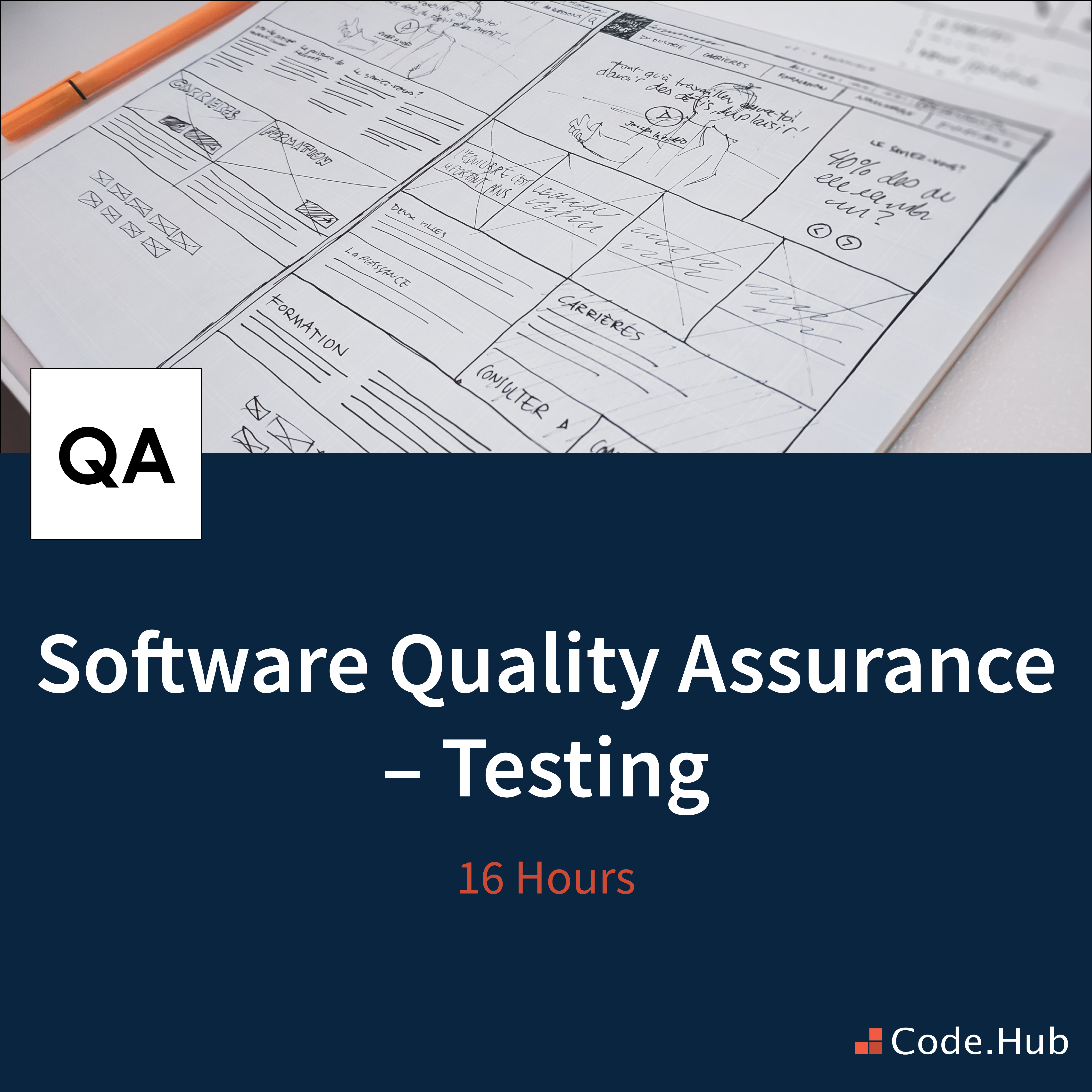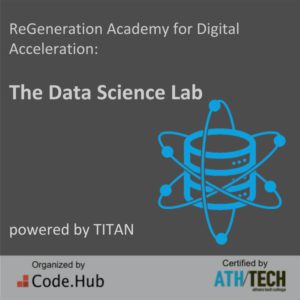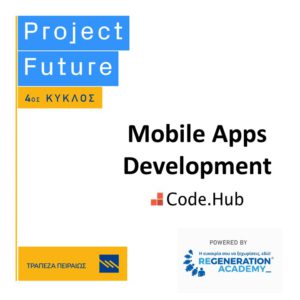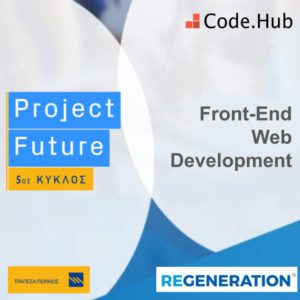
Software Quality Assurance – Testing
Description
Software testing broadly aims to certify not only the accuracy of the logic embedded in code but also adherence to functional requirements. As new computing paradigms and platforms emerge, software architecture becomes more complex and a need emerges to re-examine and re-endorse software testing methodologies and practices, regularly. The main objective of this course is to build a thorough testing culture and to equip software engineers with the necessary design principles and practical knowledge that will aid them to feel confident and build reliable and robust testing tools and frameworks, able to identify bugs from the very early steps of software development.
As a software engineer, it is more than imperative to understand the value of agile software testing, and to adopt the more recent methodologies and practices to your daily work. Under this perspective, the main objective of this Course is to build a thorough testing culture and to equip software engineers with the necessary design principles and practical knowledge. Participation will aid software engineers to feel confident in their work and enable them to build reliable and robust testing tools and frameworks, by being able to identify bugs from the very early steps of software development.
Key Objectives
The key learning objectives of this program can be summarized as follows:
The course:
- Explains qualitatively and at a high level the diverse testing practices and testing layers.
- Splits the testing activities in those that fall within the actual software development domain and those that behave as independent frameworks.
- Explains with real-world examples the different types of testing that a framework should quantitate and/or validate.
- Covers Manual Testing Tools, Automation Testing.
- Shapes and identifies the environment / framework that will host the tests.
- Introduces testing frameworks.
- Covers real-world automation test design and implementation case studies.
Target Audience
Higher education graduates in one of the following fields:
- Computer Science
- Ιnformatics
- Software Engineering
- Web and Mobile Development
- Computer Engineering
- or any other relevant area
Prerequisite Knowledge
No prerequisite knowledge is required.
Classroom
Sessions can be carried out:
- Live in a physical classroom
- Live online through video conferencing environments
- Using a Hybrid combination of both live physical and online approaches
The teaching method will depend on the conditions at the time the training will run and on the participants’
preferences.
- PREMISES: Code.Hub Training Center: Leof. Alexandras 205, Athina 115 23





